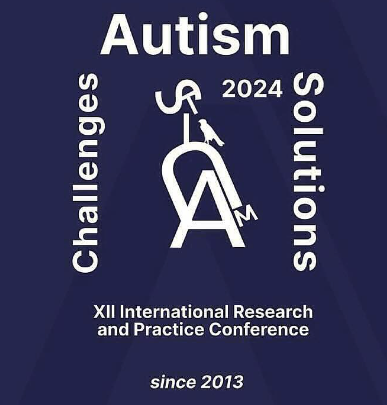Longitudinal developmental trajectories of young autistic children: influence of culture, diet, pretend play, and various activities
Published 2024-07-05
Keywords
- developmental,
- ASD,
- activities,
- improvement,
- children
How to Cite
Abstract
Humans are extremely sensitive to cultural circumstances of their early childhood. In a series of studies, we explored the developmental trajectories of children with autism over a span of three years, focusing on five outcome measures reported by parents: language comprehension, expressive language, sociability, sensory awareness, and overall health. In a study of diet and food consumption (N= 5,553), gluten-free diet was associated with 1.5-fold greater improvement of language comprehension (p < 0.0001) 1; meat- and eggs-eating was associated with 1.6-fold greater improvement of language comprehension (p < 0.0001); vegetable-eating was associated with 1.5-fold greater improvement of language comprehension (p < 0.0001) and 1.2-times greater improvement of expressive language (p = 0. 0137). Consumption of fast carbohydrates – sweets and bread – was associated with a significant and consistent health score decline (p < 0.0001) 1. In a study investigating the effect of passive video and television watching (N= 3,227), shorter video and television watching were associated with 1.4-fold greater improvement in language comprehension (p = 0.0128) 2. In a study of the effect of pretend play (N= 7,069), pretend play was associated with 1.9-fold greater improvement of language comprehension (p < 0.0001) and 1.4-fold greater improvement of expressive language (p < 0.0001) 3. In a study of the effect of joint-engagement (N=12,081), high joint-engagement was associated with 1.4-times greater improvement of language comprehension (p = 0.0019), 1.5-times greater improvement of expressive language (p < 0.0001), and 1.5-times greater improvement of sensory awareness (p = 0.0248) 4. In a study of the effect of sleep (N=8,540), moderate and severe sleep problems were associated with significant health decline (p < 0.0001) and lower sociability improvement (p = 0.0426) 5. In a study of the effect of a gamified language comprehension exercise (N=6,454), engaging with the exercises was associated with 2.2-times greater improvement of language comprehension (p < 0.0001) and 1.4-tiems greater improvement of expressive language (p = 0.0144) 6. In a study of language acquisition critical period, autistic children learning-rate declined exponentially several years earlier than in typical children, (N=15,183). The short language acquisition critical period makes autistic children especially vulnerable to the impact of early experiences.

